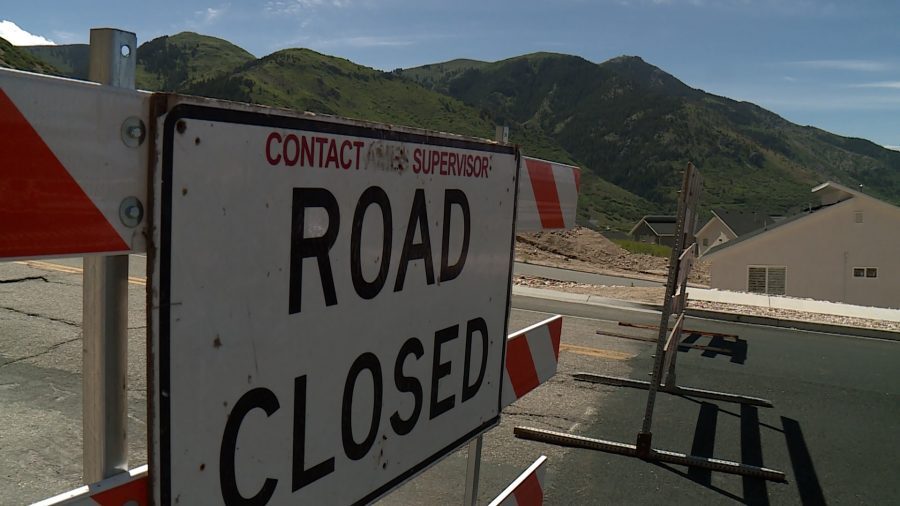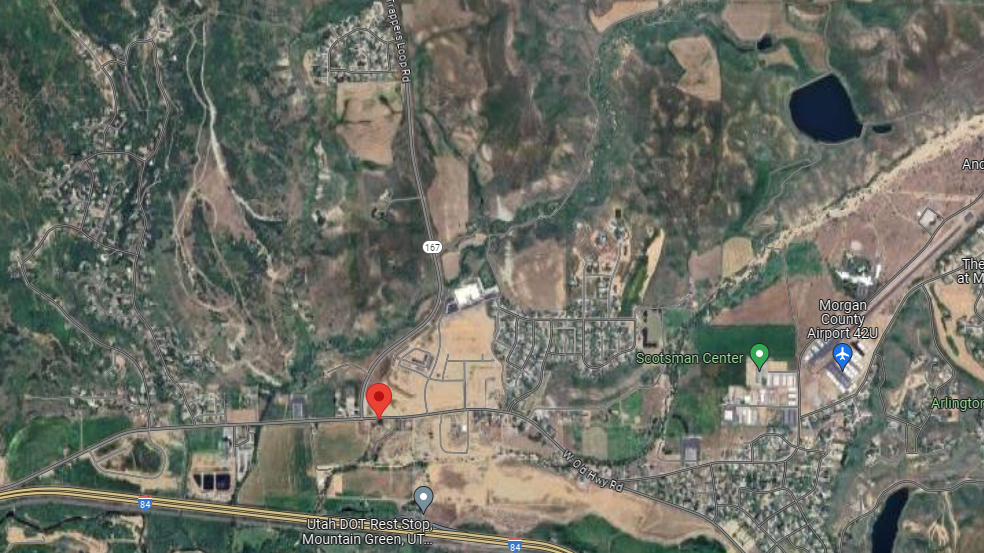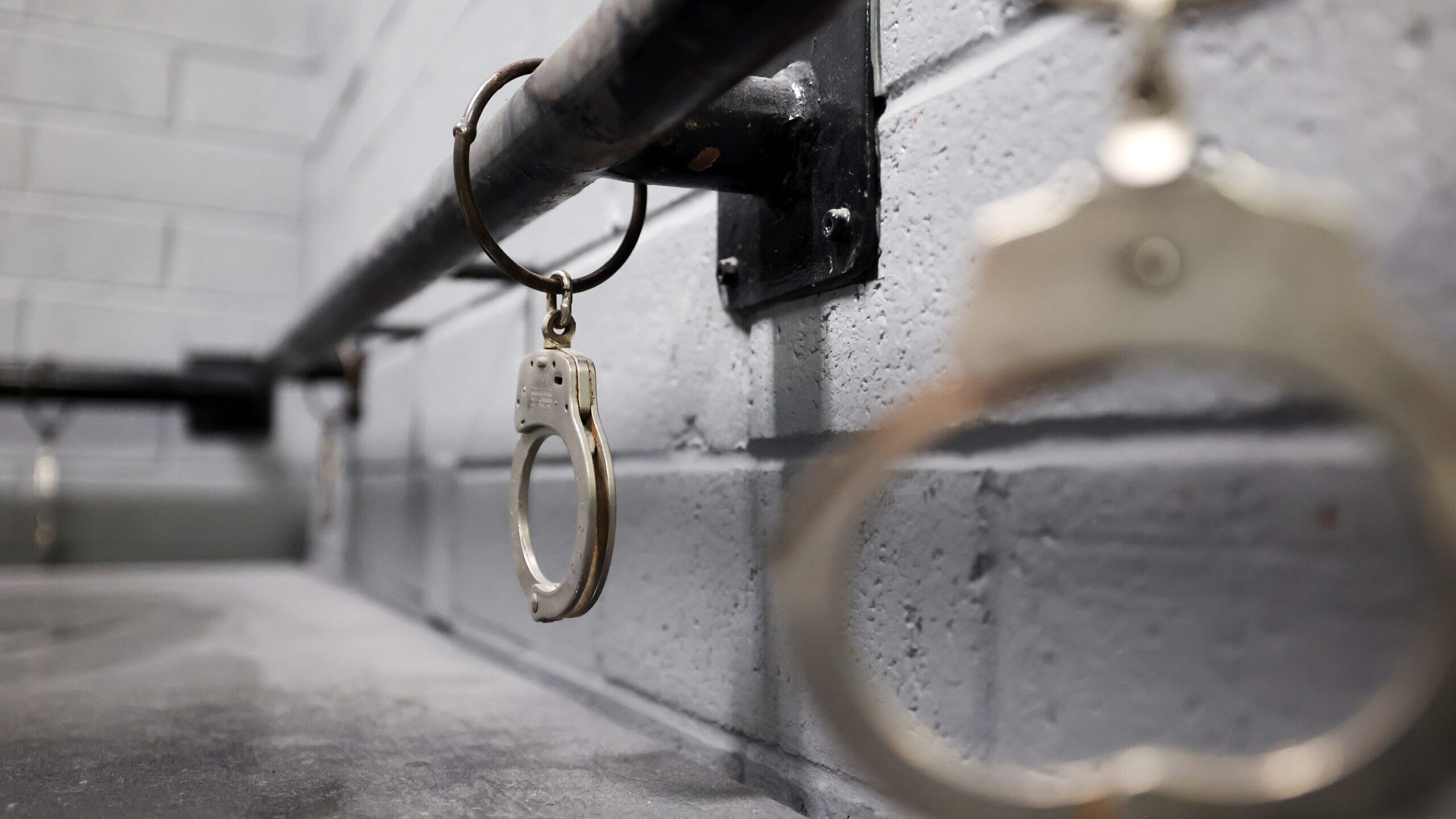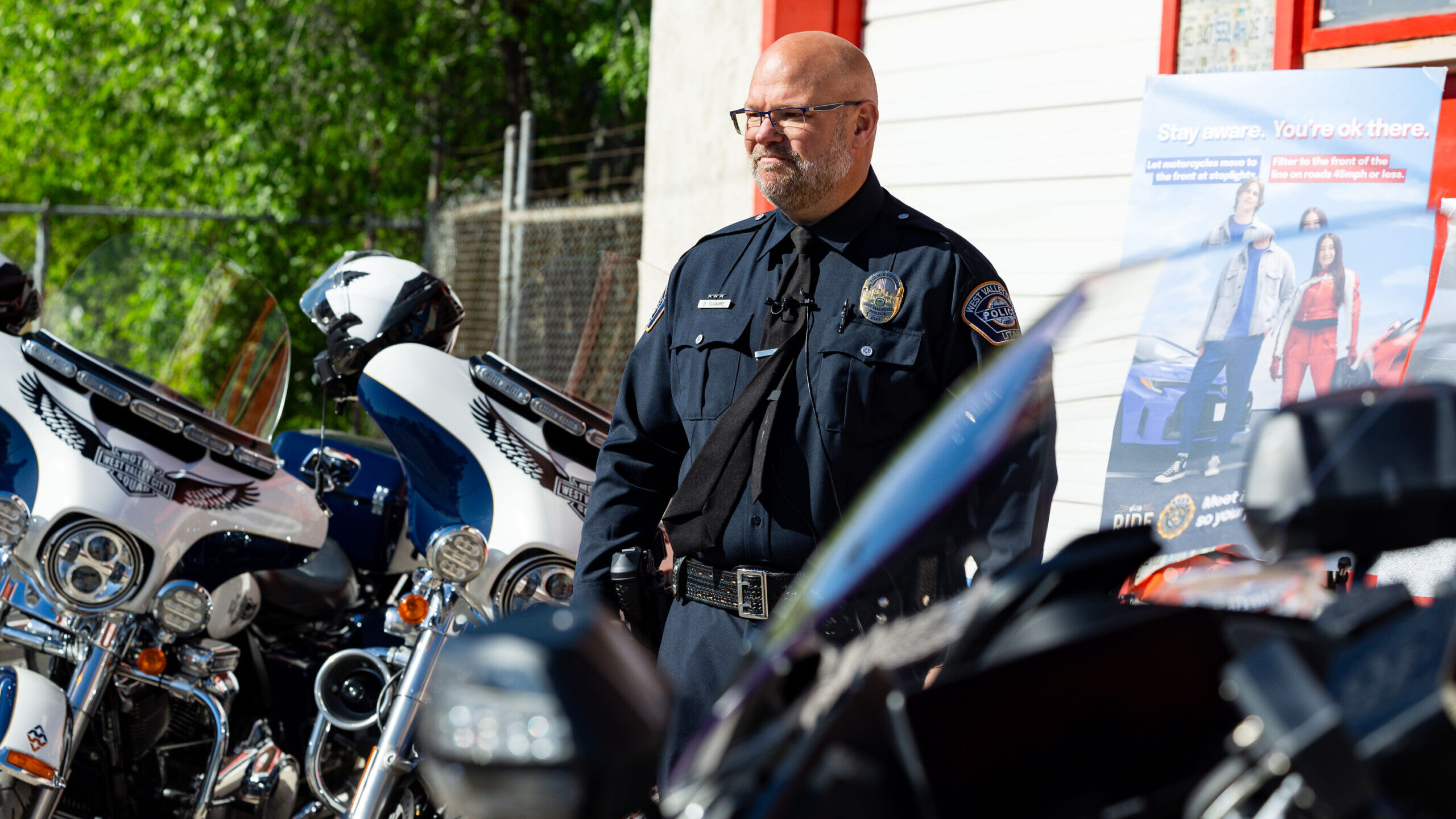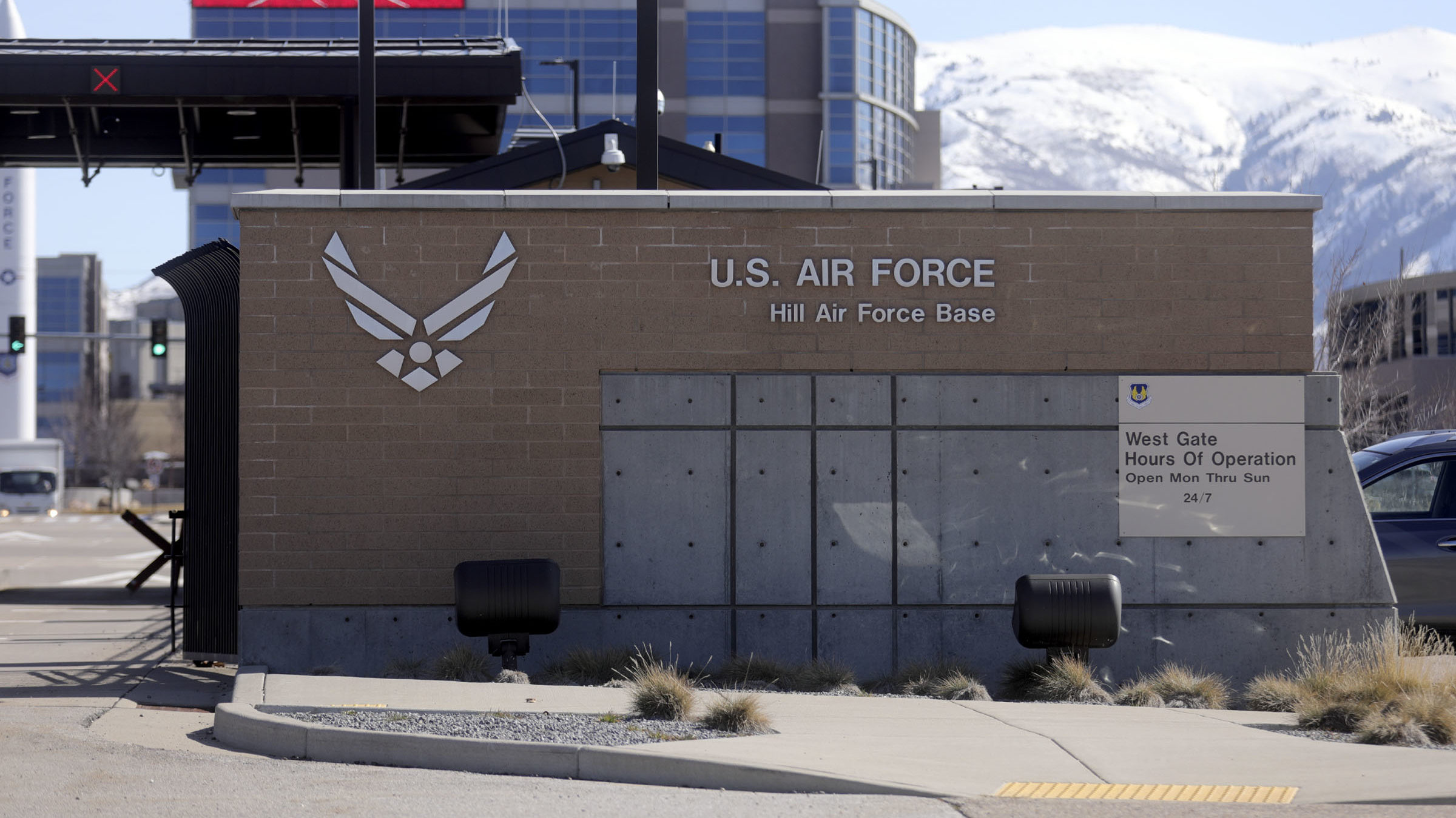Afghan refugees in Utah struggle to keep legal status two years after military withdrawal
Aug 15, 2023, 7:30 PM | Updated: 7:57 pm
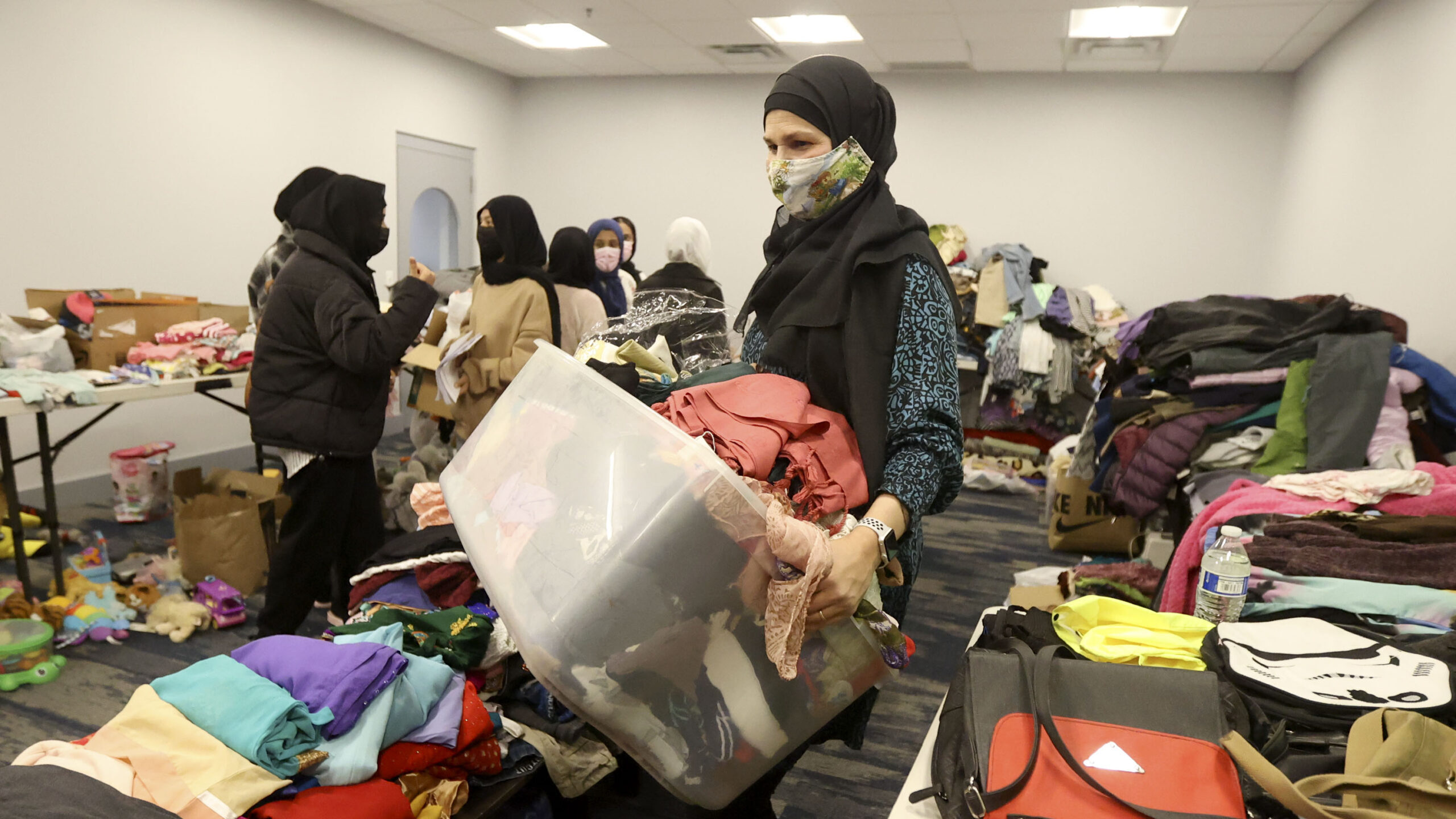
Maysa Kergaye moves a bin of donations gathered for newly arrived refugees from Afghanistan at the Utah Islamic Center in West Jordan on Monday, Oct. 25, 2021. (Kristin Murphy /Deseret News)
(Kristin Murphy /Deseret News)
SALT LAKE CITY — Chaos ensued when the United States withdrew its forces from Afghanistan two years ago, beginning a long journey to Utah for some Afghan refugees.
Jarring images of U.S. planes being rushed onto a tarmac were plastered across front pages around the world, as desperate Afghan citizens tried to flee their homes in fear of the inevitable Taliban takeover.
“The U.S. had to evacuate as fast as they could and as many people,” Aden Batar, Director of Migration at Catholic Community Services explained to KSL.
“We brought about close to 80,000, [that was] the first group that came into the US.
“Within a short period of time, we had to resettle them in different states.”
Utah opened its door to at least one thousand Afghans looking for a new life. That was the first phase of asylum seekers who fled Afghanistan.
They were granted temporary parole status for two years. But that has now run out.
According to Batar, the extra work that the Catholic Community Services had to do to re-parole the Afghani asylum seekers in Utah meant other refugees stranded in dangerous countries or other parts of the world had to be put on the back burner.
Is there a solution for Afghan refugees in Utah?
The Afghan Adjustment Act has been sitting on the desk of Congress for a couple of years now.
This is a bill that would provide a permanent pathway to citizenship for Afghan refugees in Utah and across the United States.
“We are asking for bipartisan support between both parties to support this because this legislation will help thousands of Afghan evacuees to get legal status,” said Batar.
“Very few have received their permanent immigration status. The rest are still waiting and waiting.”
Congress has twice declined to pass the bill that would benefit Afghan refugees in Utah and elsewhere.
Batar said he feels it’s America’s responsibility to protect and shelter those who fight alongside them in war.
“Anytime that somebody puts their life on the line for our troops, we have the responsibility to protect them … you know, these individuals, they work side by side with our forces. They risk their lives.”
A silver lining
Related reading:
- Utah residents are rushing to serve refugees arriving from Afghanistan
- Refugee service providers request compassion for Afghans coming to Utah
- Utahns in Congress, governor react to explosions, 13 US deaths in Afghanistan
- Utah Marine among the dead from Kabul airport attack



